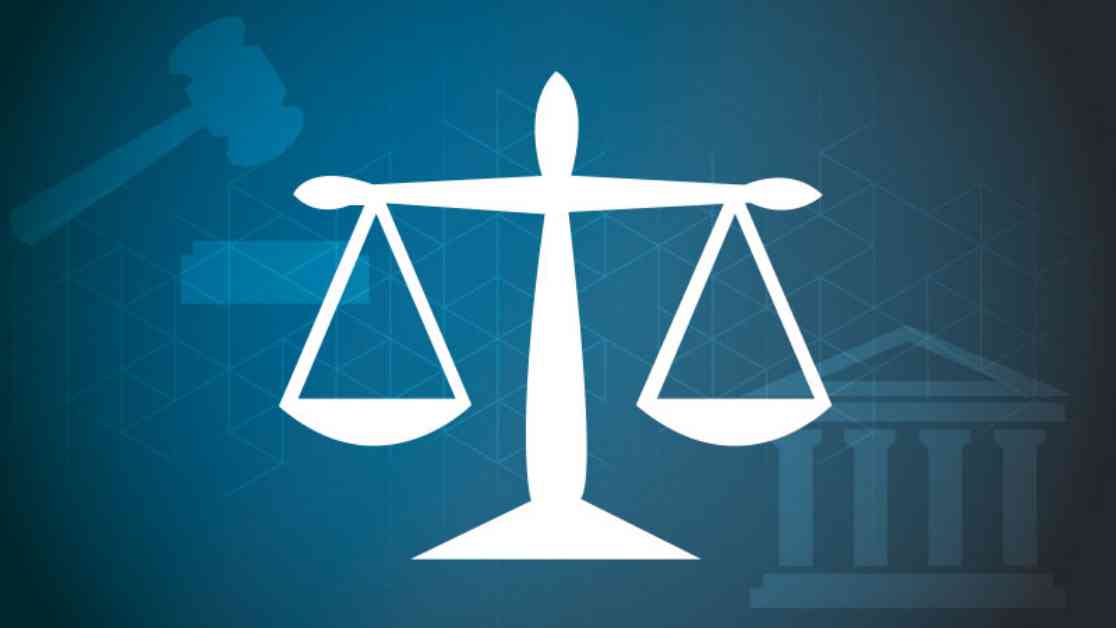The Iowa Supreme Court just made a ruling about a woman who got scammed using a Bitcoin ATM. So basically, this lady named Carrie Carlson put $14,100 into the ATM in Cedar Rapids because she got a call saying her accounts were in trouble. Instead of listening to the ATM’s warning to deposit the bitcoin into her own wallet, she put it into a different one. The Linn County Sheriff’s Office took the money from the ATM when Carlson told them about the scam. The Supreme Court decided that Carlson couldn’t get her money back because she didn’t prove that Bitcoin Depot knew she was getting scammed. They said the contract between Bitcoin Depot and Carlson couldn’t be canceled, so the cash goes back to the bitcoin company.
Then, there’s this other case that the Supreme Court talked about, which is pretty much the same as Carlson’s situation. This guy Shelby Cason put $14,800 into a Bitcoin ATM at Hawks Smoke Shop in Marion and moved it to a wallet he didn’t own. He also said he was scammed. The Supreme Court said the bitcoin company should get the money taken from the ATM for the investigation. So, it looks like Carlson and Cason are out of luck when it comes to getting their cash back. Not really sure why this matters, but it’s interesting to see how these cases played out in court.
Overall, the Iowa Supreme Court made a decision in the cases of Carrie Carlson and Shelby Cason involving Bitcoin ATM scams. Carlson deposited $14,100 into the ATM in Cedar Rapids after being told her accounts were compromised, while Cason put $14,800 into a kiosk at Hawks Smoke Shop in Marion. Both individuals transferred the money to bitcoin wallets they did not own, leading to the Linn County Sheriff’s Office seizing the cash for investigation. The Supreme Court ruled that the bitcoin company should receive the seized funds, as Carlson and Cason failed to demonstrate that the company was aware of the scam. This decision highlights the risks involved in using Bitcoin ATMs and the importance of being cautious when dealing with cryptocurrency transactions.









